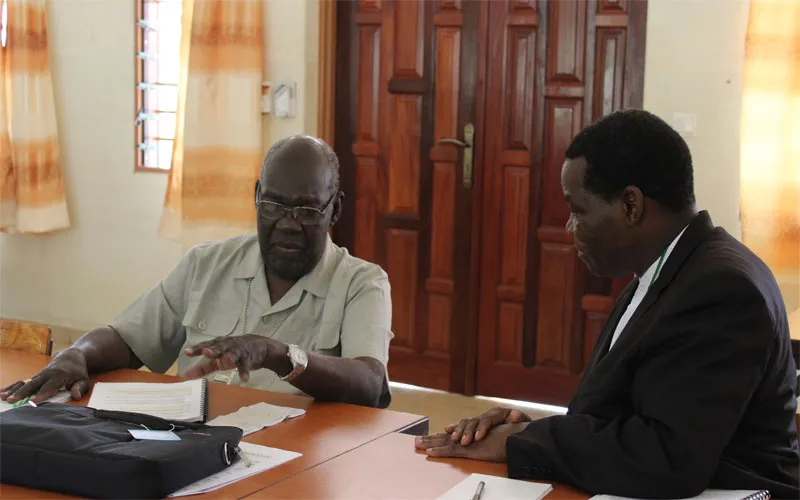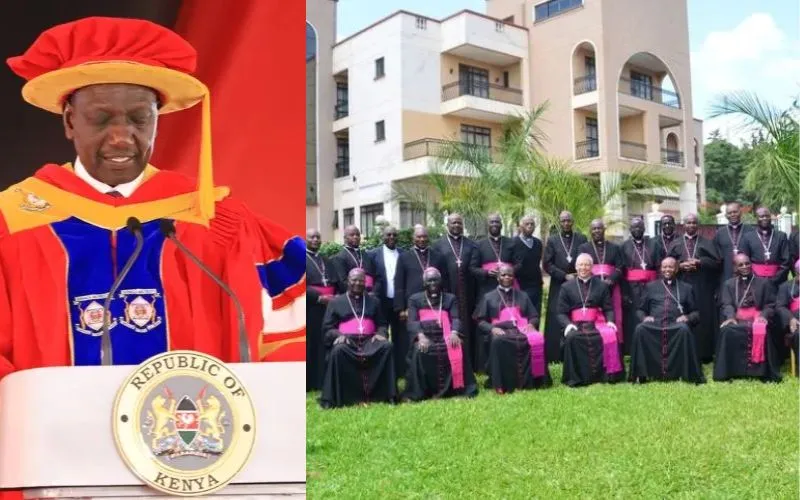Juba, 03 November, 2019 / 8:08 pm (ACI Africa).
With the citizens of the youngest nation of the world, South Sudan, seemingly torn between apprehension and optimism against the backdrop of reports that the vice-president designate, Dr. Riek Machar wants the long-awaited November 12 date for the Transitional Government postponed yet again by another six months, the Catholic Bishops have delivered a message of hope and called on the citizens to “keep heads high.”
Dr. Machar, leader of the Sudan People’s Liberation Movement in Opposition (SPLM-IO) and South Sudan’s vice-president designate under the compromise power sharing agreement of September 2018, has delayed his anticipated return to his country’s capital Juba until, the leader demands, cantonment, screening, training as well as the reunification of the armed forces and the various States are met.
“We feel the winds of change blowing towards us in the recent events happening in our two sisterly countries of Sudan and South Sudan. This is the very reason for urging you to keep your heads high because your redemption is near,” reads in part a statement of Bishops and heads of dioceses in Sudan and South Sudan dated Friday, November 1.
In explaining the blessings of the “winds of change,” the Bishops make particular references to events in Sudan and South Sudan.
“We remain hopeful that the leaders of South Sudan will overcome the current political standoff and deliver peace to their people by arriving at the formation of an inclusive and well-meaning Government of National Unity (R-GoNU),” the Bishops say in reference to the Revitalized Government of National Unity.








